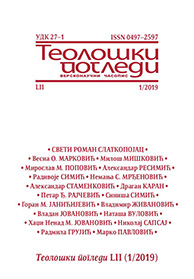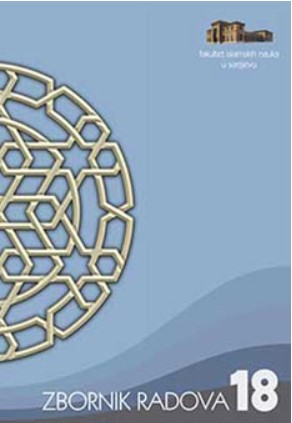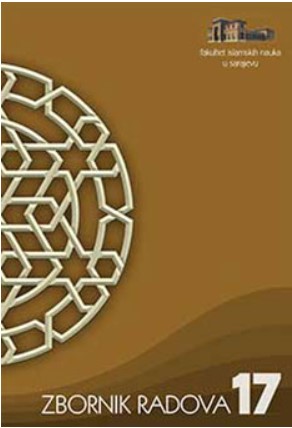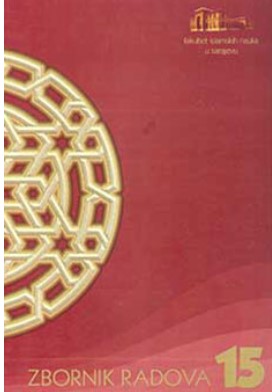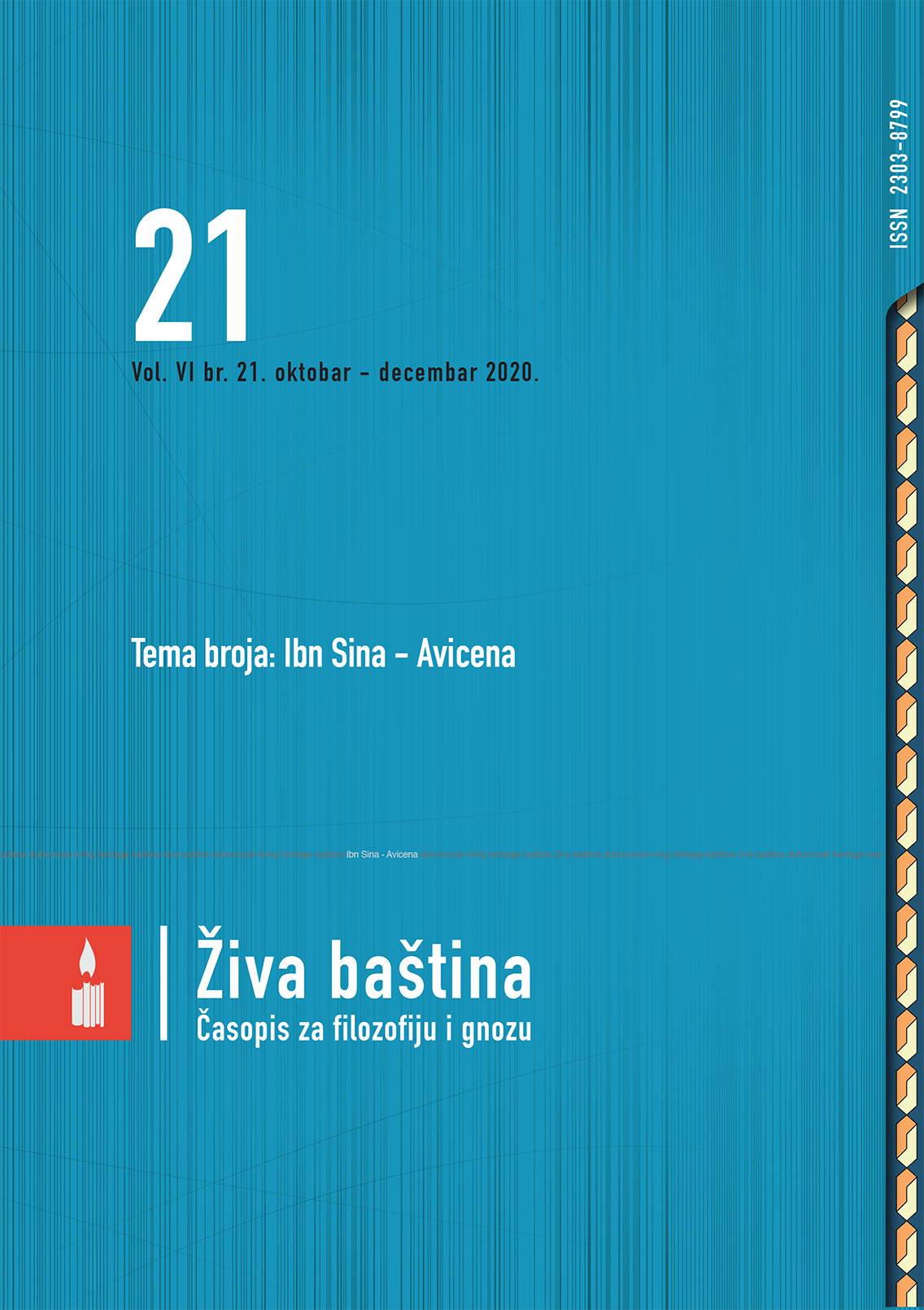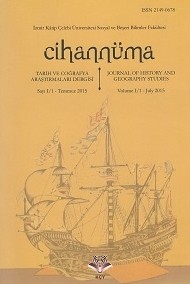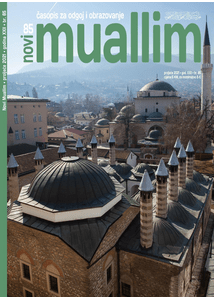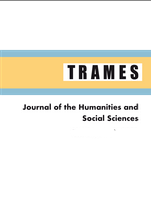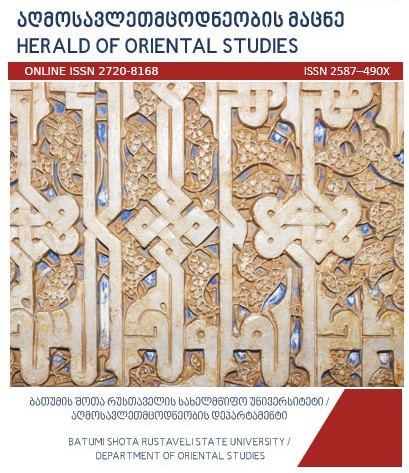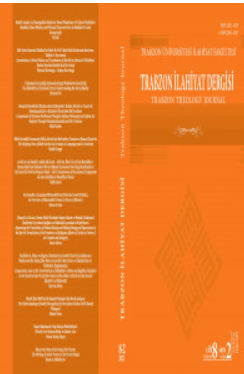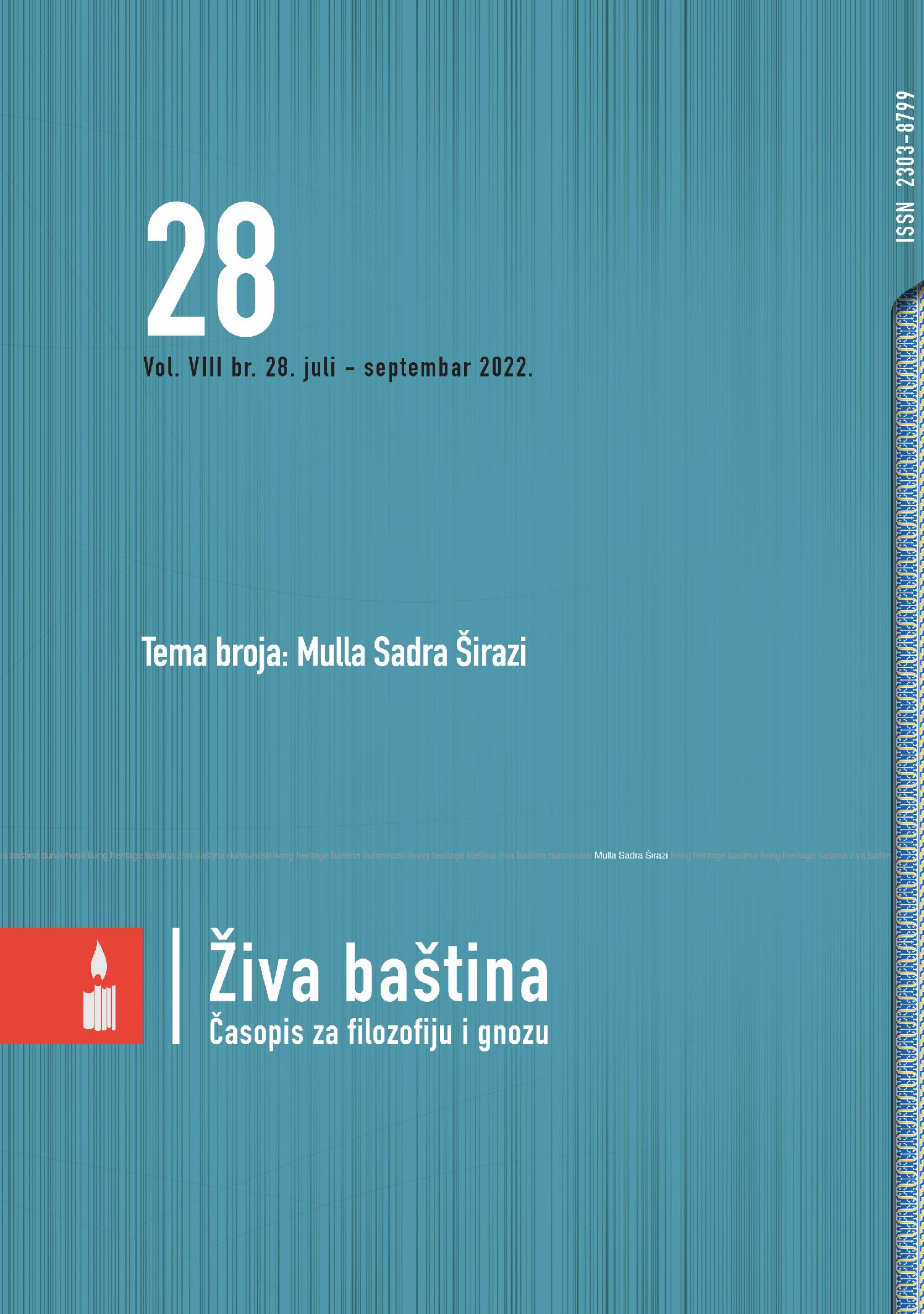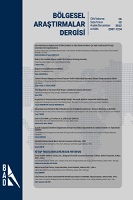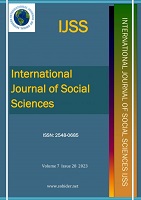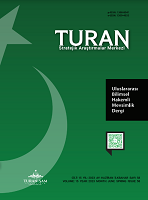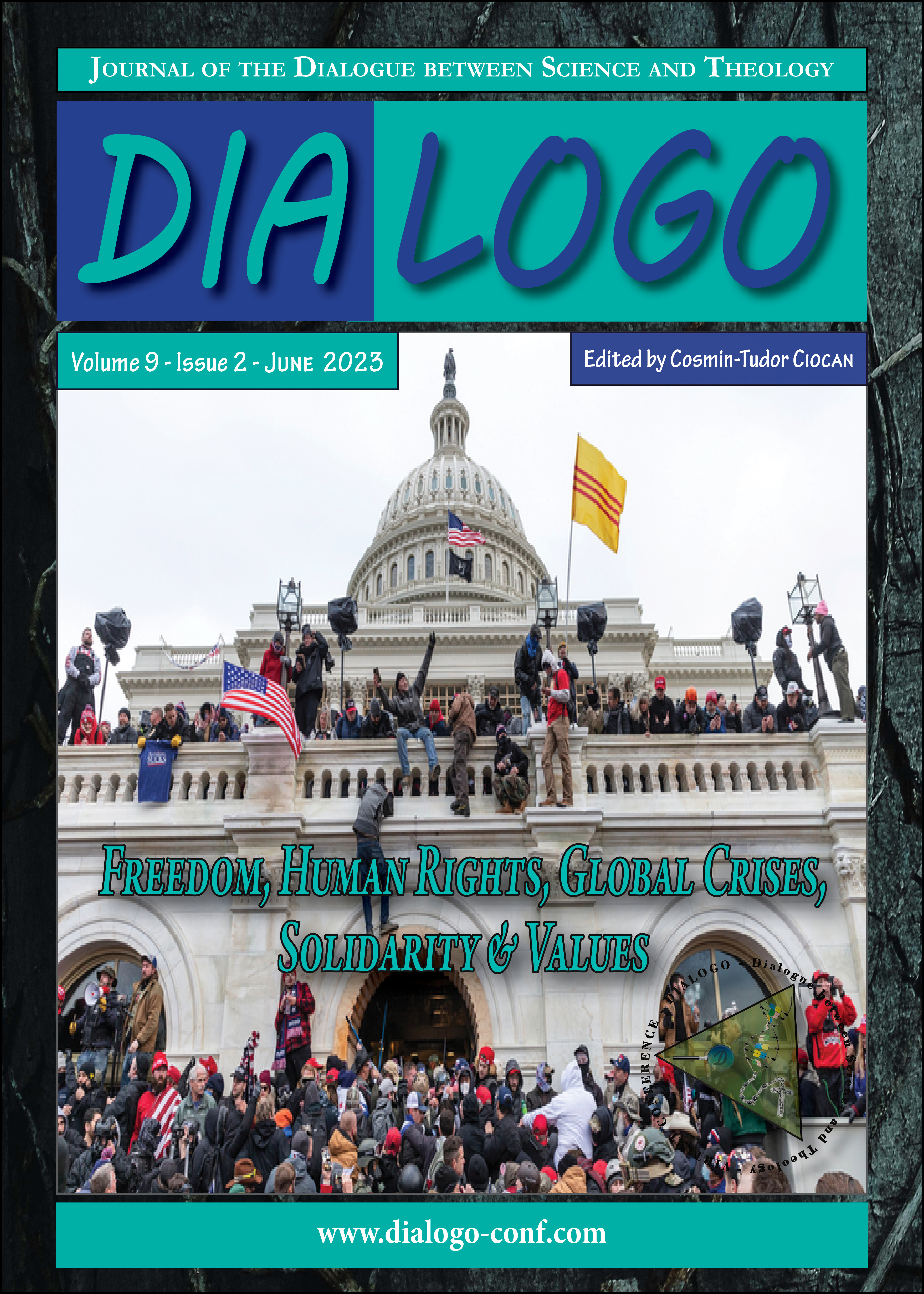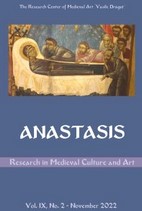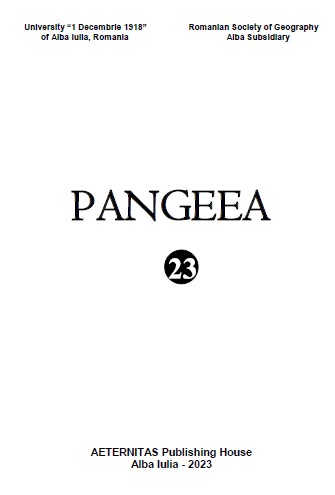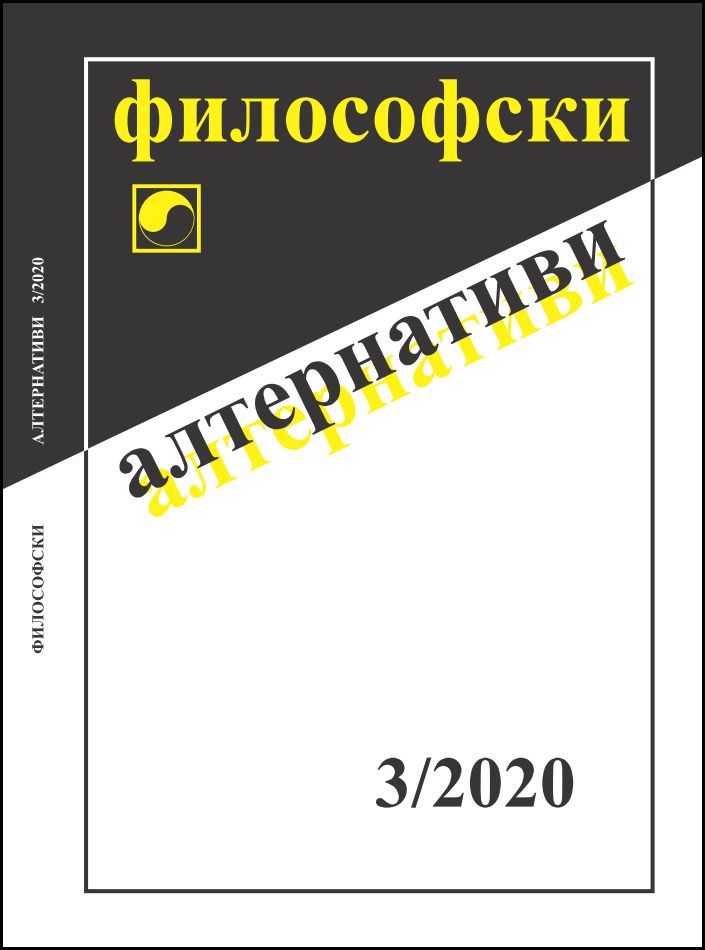
Сравнительный анализ религиозно-философских доктрин хуруфизма и единства бытия (вахдат ал-вуджуд)
Hurufism is an historical mystical-philosophical worldview, part of the Islamic spiritual culture. The founder of this teaching is Fazlullah Naimi (Astarabadi) (1339–1401). In his teaching, Fazlullah attached divine meaning to 28 Arabic and 32 Persian letters. According to Naimi, the letters, numbers, and also traits and features of human face have a hidden secret meaning. Divine signs (letters and numbers) are revealed in the human face (traits and features). Thus, through divine signs, he transferred divine qualities from God to man. Accused of spreading anthropomorphic and anthropocentric ideas that are unacceptable in Islam, Hurufism has been criticized and persecuted since its founding. Its founder, Fazlullah Naimi, and one of his most famous followers, Seyyed Imadeddin Nasimi (1369–1417), were brutally executed. The views of the Hurufites were declared heretical throughout the Islamic world. For this reason, in the following centuries, the Hurufites were forced to hide and their original ideas dnf teachings began to transform rapidly. During that process, Hurufism gradually dissolved in such mystical and philosophical teachings and trends as Bektashism, Alavism, Calendaring, the ideology of Kyzylbash. The ideas of Hurufism enriched the theoretical foundations of these Islamic teachings.
More...
